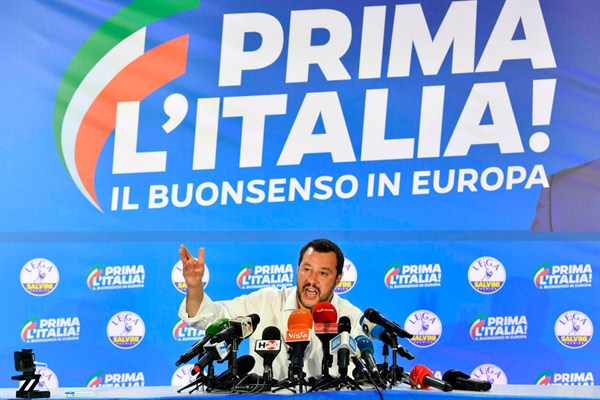Last week’s European Parliament elections were expected to propel the far right to new heights, auguring a shiny future for a populist agenda that sends fears across much of the continent. But although far-right nationalists did score their best performance to date, the election results fell far short of expectations. Just as importantly, there are major internal contradictions in the nationalists’ plans to take over the European Union from within, suggesting that the road ahead will bring mostly headaches and disappointment for them and their supporters.
The results revealed troubling polarization and the steadily eroding power of centrist parties, the ones most amenable to compromise. And yet, even though the center suffered the biggest losses, it was the far right that suffered the biggest letdown. Nationalists and populists made gains in key countries but increased their overall position only modestly. While centrist parties that had dominated the European Parliament lost their majority, they remained a formidable force, and much of the ground they lost was conquered by other pro-Europe parties.
But even if the far right had fared better, the results showed that its tactical decision to push hard for an electoral victory in an effort to weaken the EU from within suffers from a fatal flaw. The internal contradictions in a transnational nationalist force—the grand dream of Italy’s deputy prime minister, Matteo Salvini, along with Steve Bannon, President Donald Trump’s former adviser—will be put to the test in the incoming parliament.

